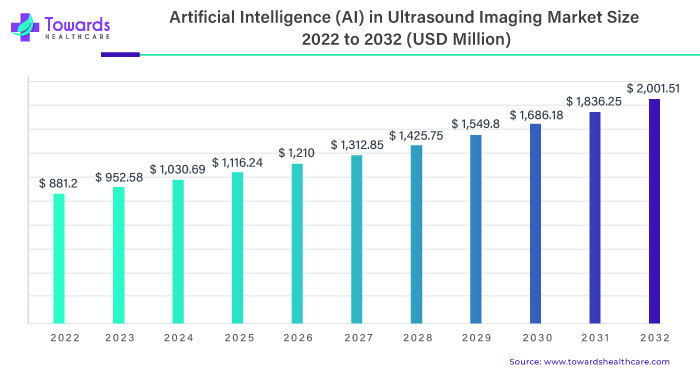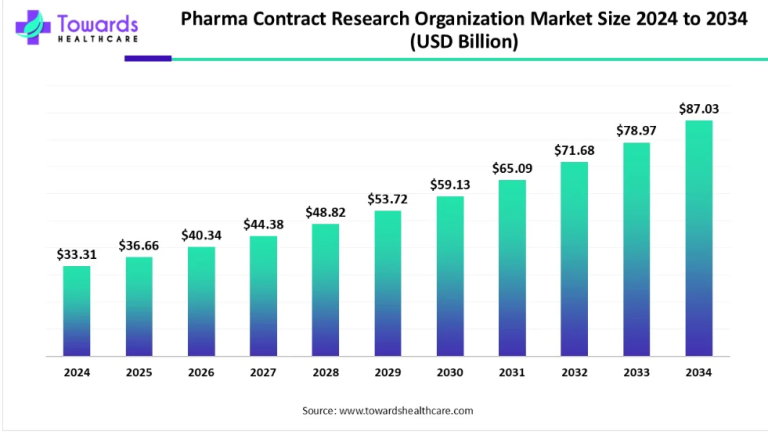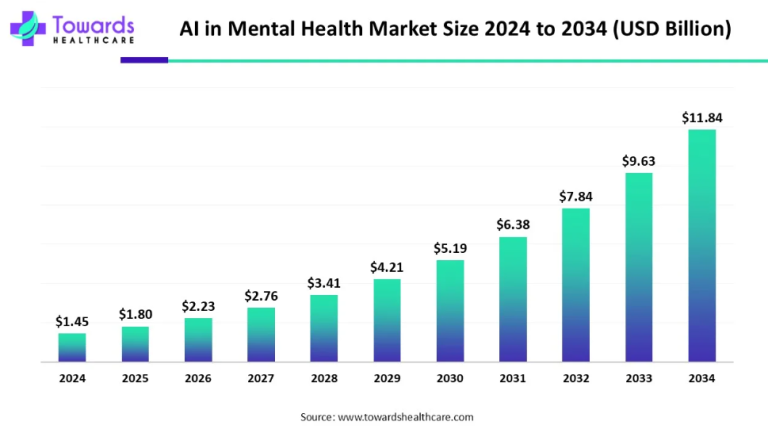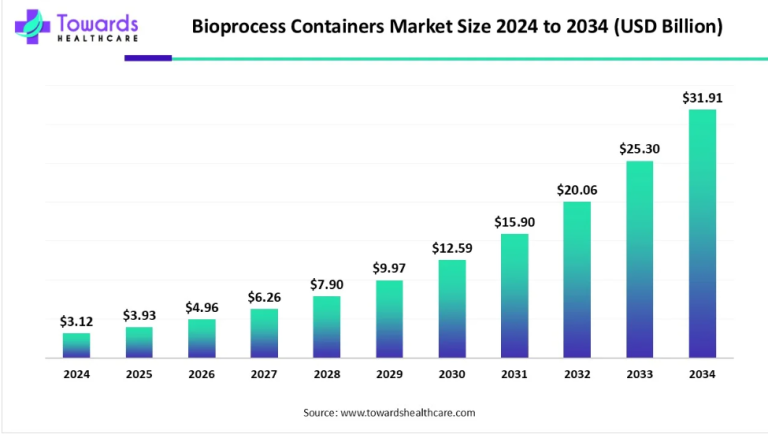Table of Contents
ToggleArtificial Intelligence in Ultrasound Imaging Market Overview (2024 – 2032)
The global market for AI in ultrasound imaging is projected to expand significantly, growing from USD 881.2 million in 2022 to an estimated USD 2,001.51 million by 2032. This growth, at a compound annual growth rate (CAGR) of 8.6% from 2023 to 2032, is largely driven by the rising incidence of chronic and lifestyle-related health conditions.

Download statistics of this report @ https://www.towardshealthcare.com/download-statistics/5082
Artificial Intelligence in Ultrasound Imaging: A New Era of Healthcare Innovation
The integration of Artificial Intelligence (AI) in ultrasound imaging is revolutionizing healthcare, particularly through advancements in 3D and real-time 4D imaging technologies. These transformative innovations are enhancing surgical precision and improving fetal health, setting new standards for healthcare worldwide.
Diagnostic ultrasound is a non-invasive imaging technique that uses high-frequency sound waves to create images. While most probes are placed on the skin, some can be inserted into the body through the gastrointestinal tract, vagina, or blood vessels to improve image quality. In surgical settings, sterile probes are used. AI in ultrasound imaging is elevating the effectiveness of this technique, with widespread applications in clinical environments. Its primary role is to assist physicians in diagnosing and triaging patients.
Ultrasound is increasingly being adopted as a first-line imaging tool in the medical field due to its flexibility and non-invasive nature. The integration of AI into ultrasound systems further enhances image quality, diagnostic accuracy, and workflow efficiency.
Key Components of AI-Based Ultrasound Imaging Systems:
- Compensating Amplifiers
- Transducers
- Transmitter Pulse Generators
- Digital Processors
- Control Units for Focusing
- Display Systems
In recent years, the global market for AI in ultrasound imaging has experienced significant growth. AI technologies are now being incorporated into ultrasound systems to improve diagnostic accuracy, image quality, and workflow. These advancements help healthcare professionals interpret scans, detect abnormalities, and provide better patient care. AI algorithms contribute to faster, more precise diagnostics, driving the expansion of the ultrasound imaging market globally.
For example, AI in ultrasound imaging enhances the clarity of 3D and 2D ultrasound images, allowing for more accurate diagnosis by improving the visibility of anatomical structures. These advancements not only improve image quality but also aid in detecting abnormalities.
As AI continues to improve, its potential to enhance diagnostic accuracy, efficiency, and overall healthcare outcomes is transforming the future of ultrasound imaging. This growing technology is expected to play a crucial role in the continued evolution of diagnostic imaging.
Our Table of Content (TOC) covers key healthcare market segments, materials, technologies and trends—helping you navigate market shifts and make informed decisions: https://www.towardshealthcare.com/table-of-content/ai-in-ultrasound-imaging-market-size
Access exclusive insight now @ https://www.towardshealthcare.com/price/5082
We’ve prepared a service to support you. Please feel free to contact us at sales@towardshealthcare.com
Web: https://www.towardshealthcare.com
Visit Dental Specifics: https://www.towardsdental.com
Get the latest insights on industry segmentation with our Annual Membership: Get a Subscription
For Latest Update Follow Us: https://www.linkedin.com/company/towards-healthcare



